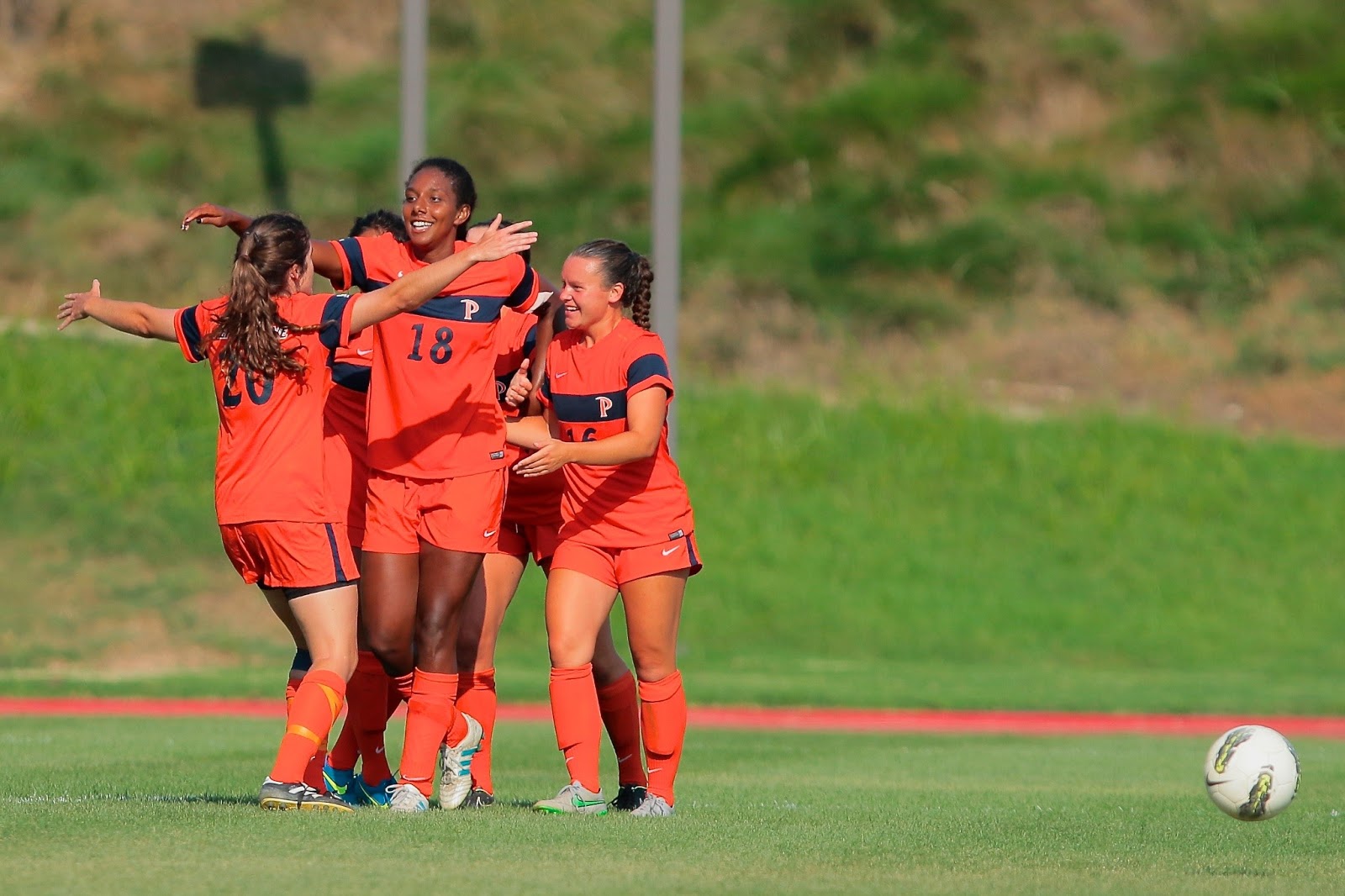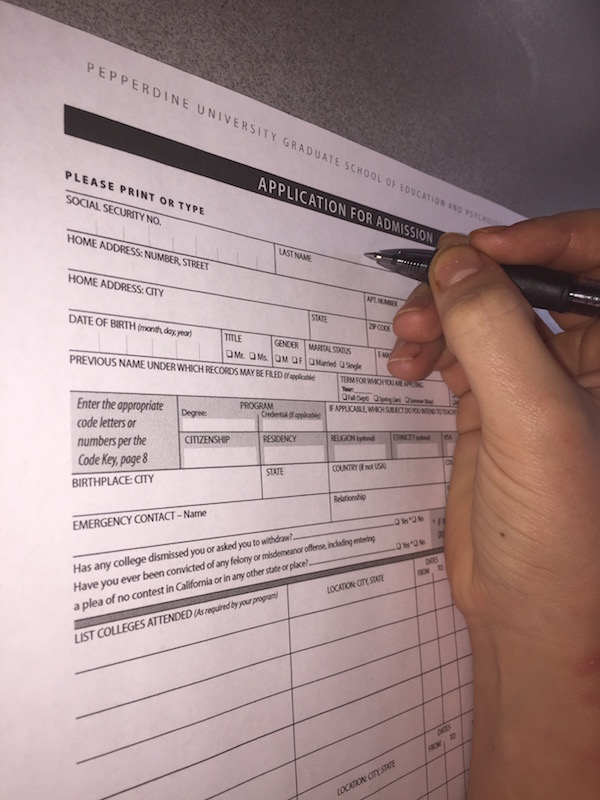
To go to grad school? Or not to go to grad school?
Neither seniors nor faculty know the answer to that daunting question.
Professors debate whether they believe graduate school is a necessary path, but all agree it depends on the specific field of study or career choice.
Slightly less than one out of every five graduating seniors in 2015 went immediately on to graduate school, according to data from the Office of Institutional Effectiveness. Others may choose to go later, after they’ve worked for a few years and settled on a career path.
“I want to say that graduate school isn’t necessary, but it does seem that a master’s degree is more and more expected,” said English Professor Michael Ditmore, divisional dean of the Humanities and Teacher Education Division. “Over the course of a career, a master’s degree might actually turn out to be more valuable than a PhD.”
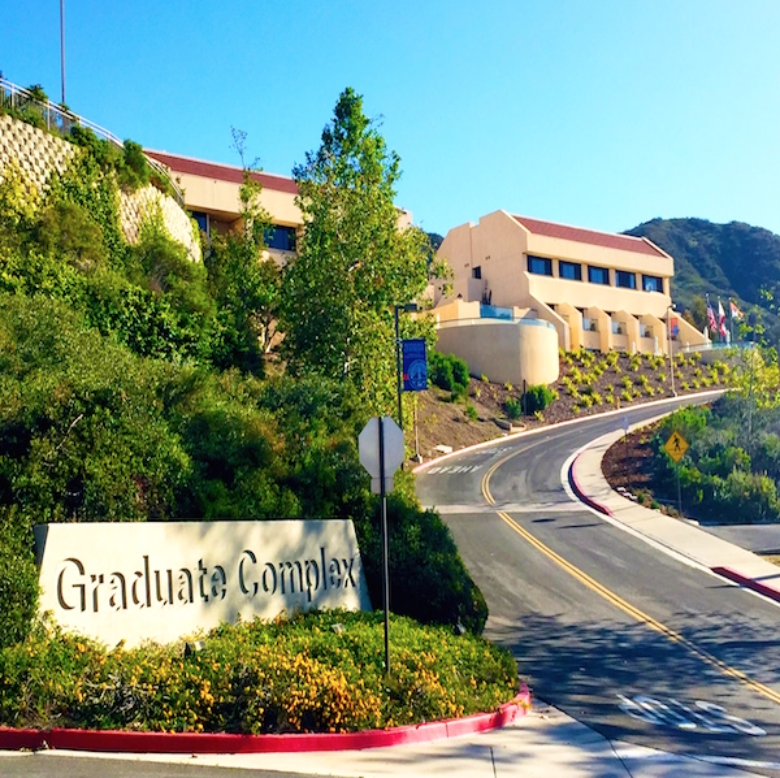
Why students choose graduate school
For those students who go to graduate school right away, it is usually because their career goals demand it, professors said. Most careers in healthcare, medicine, computer science, education, finance, business management, psychology and other social sciences are only achievable with the obtainment of a master’s degree.
“I think it is important for students to explore graduate school in certain types of careers,” said Psychology Professor Steve Rouse, divisional dean of the Social Science Division.
Students pursuing law or medicine also have no choice but to pursue graduate school.
“The career that I want to pursue as a medical doctor requires a graduate education,” senior chemistry major Kirsten Olivier said. “In order to be the best doctor that I can I will seize the opportunity to learn and gain knowledge and perspective that will allow me to grow in many aspects.”
Other fields encourage advanced study to teach or for higher level positions.
“We always encourage our undergraduates to pursue graduate studies,” said Religion Professor Timothy Willis, divisional dean for the Religion and Philosophy Division. “Some things can be learned simply through experience, but graduate studies are also necessary.”
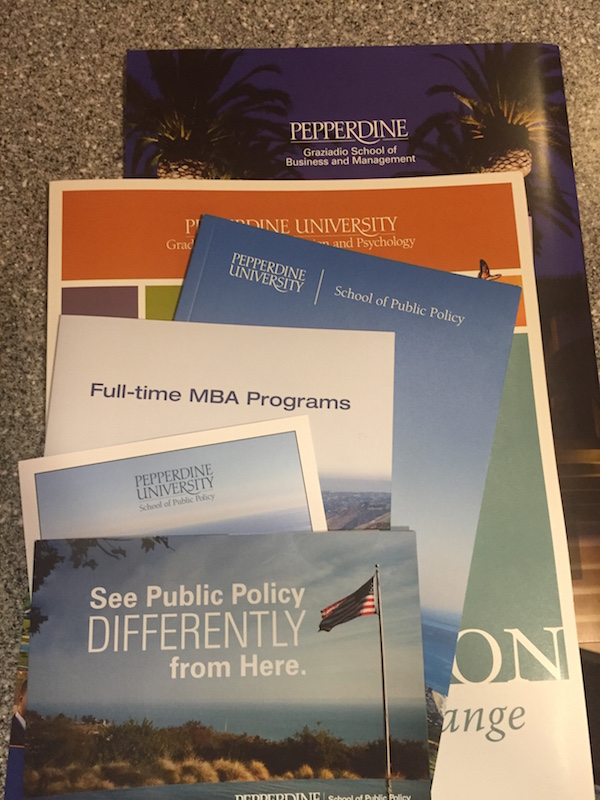
More and more, a master’s degree just helps someone get in the door, even in fields like business where they were traditional not required.
“In today’s business world, you really have to get a higher degree to land a successful job,” said Tony Festa, a senior business administration major who is also enrolled in the graduate five-year MBA program. “The five-year program has really pushed me to my limits and prepared me for what I should expect in the business world.”
Other students are able to work for a few years while they figure out their long-term goals and decide if graduate school is worthwhile.
“Students will look for ways to improve their qualification for the better positions,” Willis said. “Graduate education programs are developed to give students a leg up on the ladder.”
With more students graduating from colleges with bachelor’s degrees, job competition continues to rise.
“An advanced degree will open many doors in many fields, and some jobs require a graduate degree,” said Shannon Latson, the office manager at the International Studies and Languages Division. “I believe that an advanced degree in business, public policy or the sciences will help a person’s job performance and job opportunities.”
How Pepperdine promotes graduate school
Undergraduate professors often utilize their disciplinary knowledge in advising students to consider graduate school. Professors promote graduate school by supplying students with personal and professional connections, hosting promotional events, and giving the students the individual help they seek in applying.
Honor societies are one way different majors promote graduate school, as they encourages high grades, promote research in their respective fields, and often host events to highlight options for further study.
“Many of the majors host events to learn more about graduate school options,” Rouse said. “For example, every year the Pepperdine Chapter of Psi Chi, an international honors society program for psychology, sponsors an informational event to help students learn more about different options for grad school.”
Students said they are thankful for their professors’ knowledge on applying to graduate school and their willingness to review and edit their graduate school applications. Along with the application, professors are also more than willing to write letters of recommendation.
Anna Brinkerhoff, valedictorian for the Class of 2015 who is now working to get a doctorate in philosophy at Brown University, said she appreciated the help she got from Tomas Bogardus, assistant professor of Philosophy. Bogardus helped edit her writing sample, sent out more than a dozen letters of recommendation, helped her evaluate all of her options, and encouraged her along the way.
“Throughout the graduate school application process, Bogardus has been, and continues to be, an incredible resource,” Brinkerhoff wrote as part of a professor evaluation for Bogardus. “He encouraged me and reassured me when I was feeling overwhelmed or underconfident.”
With the 13 to 1 student-professor ratio at Seaver, students said they are receiving one-on-one help and encouragement from their professors.
“I recently landed a veterinarian job in Fiji,” Heather Dunn, senior natural science major, said. “Without the great relationships I had with my teachers and the encouragements of the people I met on my first trip to Fiji, I probably wouldn’t have taken the job.”
Students and faculty agree that personal interaction is the best form of encouragement and promotion.
“As an office manager, I see professors spending many hours mentoring students who express an interest in graduate school,” Latson said. “They spend that time helping to guide them as they explore and apply to graduate schools.”
Professors said they try to tailor advice to the individual.
“The schools we promote depend on the area of graduate studies the students want to pursue,” Willis said. “The primary means of promoting is through one-on-one conversations between faculty and students.”
How do Pepperdine’s graduate schools recruit students?
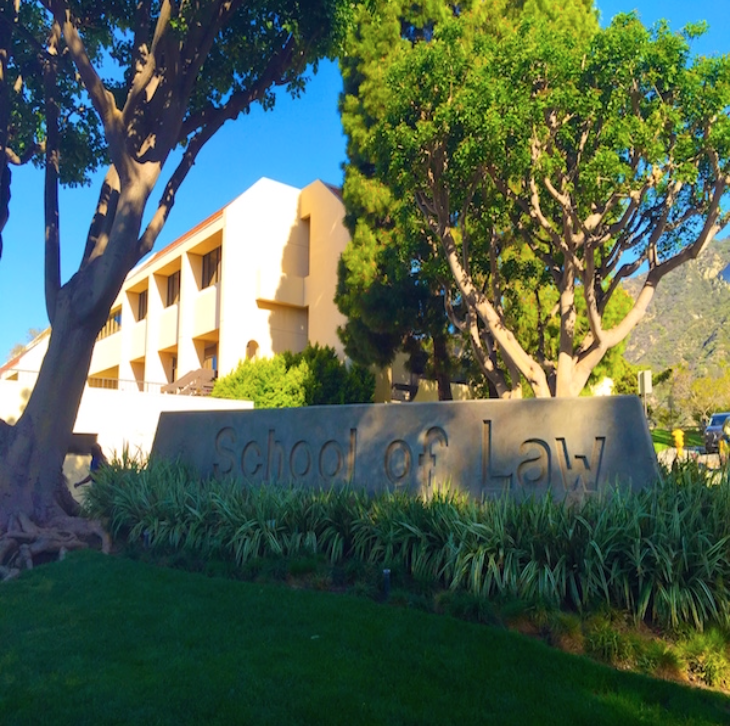
The law school and other Pepperdine graduate programs set up events and informational sessions that allow potential students to ask questions and become more informed on the specific programs, Deanell Tacha, dean of Pepperdine School of Law, said.
The graduate programs also reach out to Seaver professors to promote graduate school in their classes by informing the faculty of upcoming events, seminars and informational meetings. Professors then encourage grad-school bound students to attend these events or talk to a graduate program representative.
“We promote Pepperdine Law by paying careful attention to the needs of the rapidly changing legal market, then responding as openly as possible,” Tacha said. “We also promote our school by showcasing our faculty and student in action; these personal stories appeal to audiences who may be saturated by traditional marketing.”
Trevor Borg, a senior business administration major who is currently preparing for graduate school, said the School of Law professors motivated him and encouraged him to become a lawyer and to enroll into the program after he graduates this year. Borg said attending law school events and seminars on campus influenced him to continue his education at Pepperdine.
Besides the outside interaction, graduate school administrators are increasing their use of social media to recruit students.
“Starting in the fall, we launched our first comprehensive social media marketing program in our history,” Pete Peterson, dean and executive director at the School of Public Policy, said. “The strategy involves both targeted Facebook and LinkedIn marketing along with banner advertising in select websites.”
The gap year option
Faculty do keep in mind though that not all students want to pursue graduate school.
“As proud as we are of students who go onto grad school, we also need to keep a focus on students who may not be interested in grad school or be interested in a very different graduate school course than what they pursued as an undergrad,” Ditmore said.
Many students who plan to go to graduate school prefer to take at least a year off first, known as a gap year. The Council of International Educational Exchange describes a gap year as a break, taken between high school and college or college and graduate school, that might include travel, work, research or volunteering. In 2014, there was a 20 percent increase in the number of students that decided to take a gap year, according to Forbes.
“I want to go to graduate school, just not yet,” Charlotte Skjonsby, senior political science major, said. “I want time to enjoy life and not go from school and work, to school and work again.”
Arguably, graduate school cannot hurt a student’s education, and that is why most divisions promote getting a master’s degree.
“As people living in the free world and in the year 2016, we are blessed with many options for graduate degrees,” Latson said. “These educational opportunities allow us to learn about topics that interest us and allow us to be of service to our community.”
Julianna Koss completed this story in Dr. Christina Littlefield’s spring 2016 Jour 241 class.



